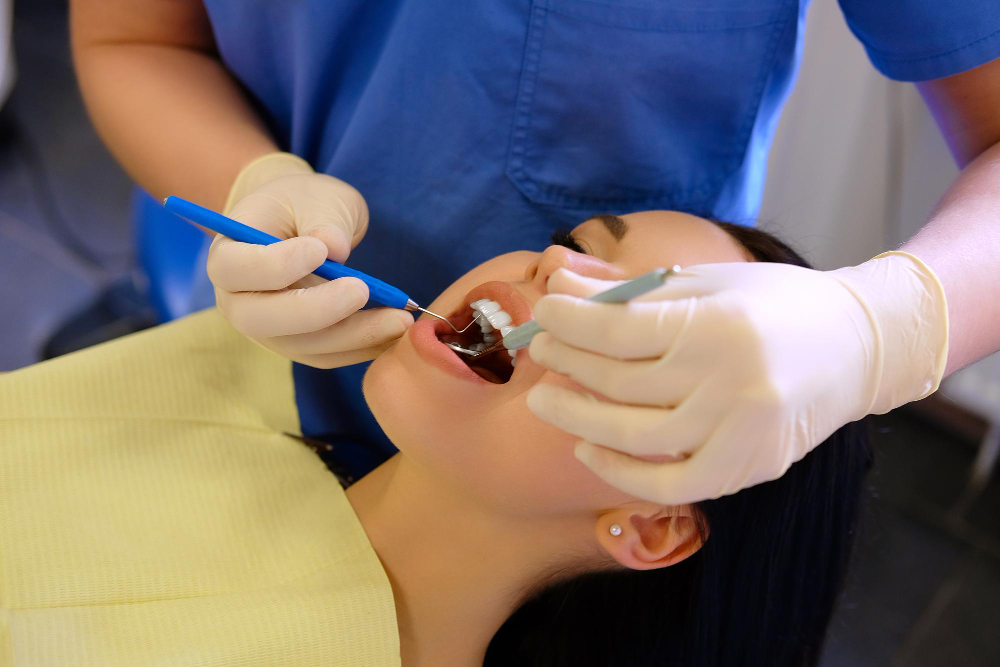
Eruption of the last teeth typically occurs in people between the ages of seventeen and twenty-seven years and they are called the wisdom teeth or the third molars. Wisdom teeth also become impacted due to inadequate space in the mouth and may cause pain, disease or misalignment. To treat or avoid these issues, wisdom teeth extraction is a popular dental operation that ensures oral health and avoids troubles down the road.
Typical Symptoms That Wisdom Teeth Extraction Is Needed
Most of the troubles caused by the third molars are seen in people between fifteen and twenty-five years. Now, as much as we appreciate the role that wisdom teeth can play, it is important to note that anyone, at any age, may require a wisdom teeth extraction. Typical indicators that wisdom teeth extraction is necessary are described below.
Severe Pain
Normally, wisdom teeth are located at the back of the mouth and this is where the pain is believed to emanate from. Often the sensation may be described as pressure in the gums or the jaws or maybe strong pulsations in the teeth. But the uneasiness could occasionally affect other regions of your mouth also. If such discomfort does not subside, then one should see the dentist for a proper check-up.
Inflamed Gums
Another sign that is associated with discomfit of the wisdom teeth is gum inflammation that leads to swelling. The issue with wisdom teeth is that they can never erupt through the gums; instead, they always erupt in the incorrect location. This makes wisdom teeth extraction necessary. When you clean your teeth, you may have bleeding from the back of your mouth in addition to irritation.
Jaw soreness or stiffness
Your teeth’s ability to bite together may alter if your wisdom teeth erupt incorrectly. This might also cause stiffness and pain and make it rather challenging to open and close the mouth a bit. If you have any of these signs, kindly book an appointment with your dentist since misaligned jaws are a precursor to other severe ailments.
Oral Cysts
If impacted wisdom teeth are not addressed, cysts, or sacs of fluid, can form in your jaw, gums, and oral tissue. Cysts eventually lead to the decay of nearby teeth’s roots, which harms the jawbone. Oral cysts can occasionally grow into tumours, necessitating jaw surgery and other invasive procedures.
Continuously Bad Breath
You probably have a decaying tooth and your wisdom teeth may have contributed to the deterioration of other teeth. Rotten teeth and decay draw germs that infect wounds, resulting in sulphur compounds that are unhealthy and have an unpleasant odour. Persistent poor breath is a definite indicator that you should get your wisdom teeth removed.
Conclusion
Wisdom teeth extraction is essential to avoid future problems with your mouth, such as infection, crowding, and misalignment. In addition to lowering the chance of future discomfort, damage, and problems, removing impacted or troublesome wisdom teeth also promotes general oral health.

